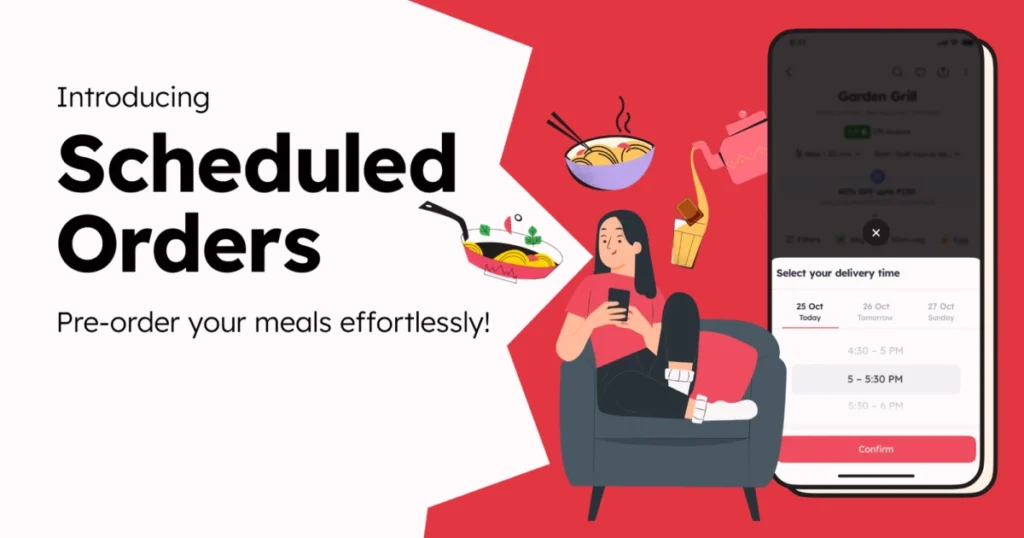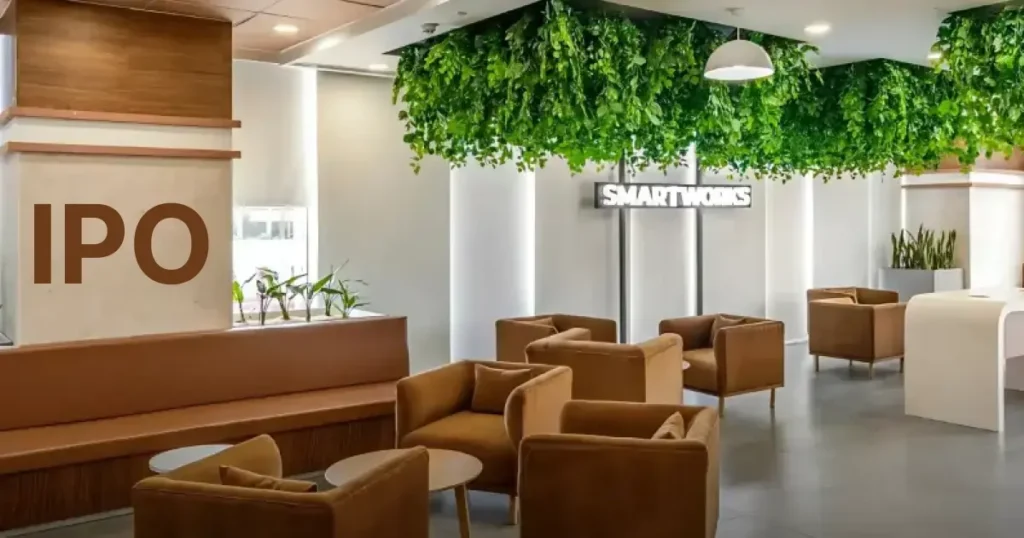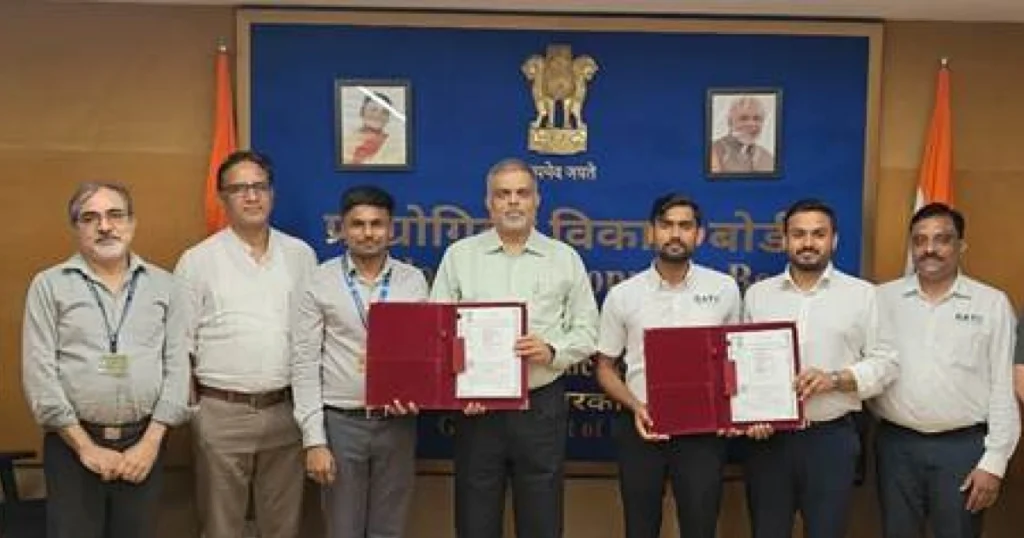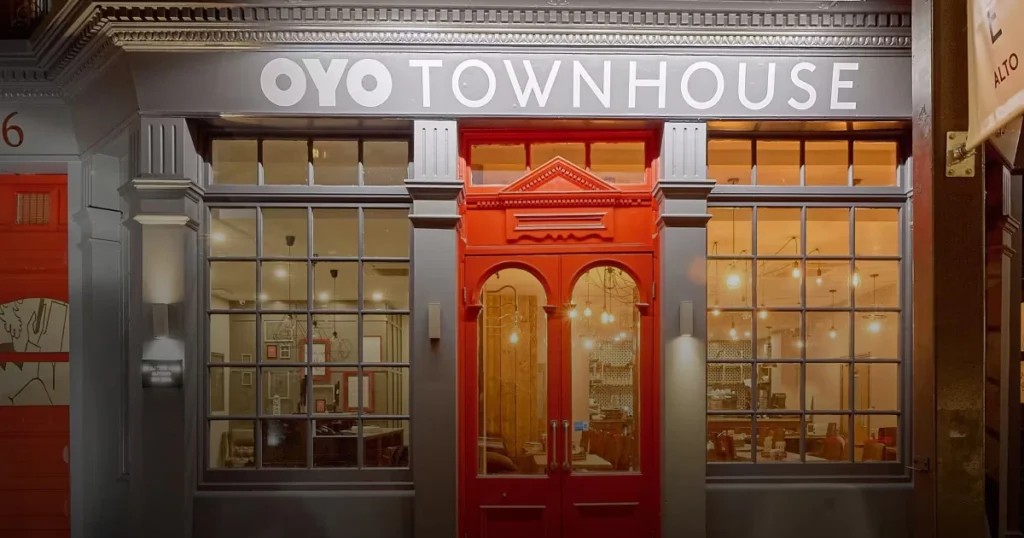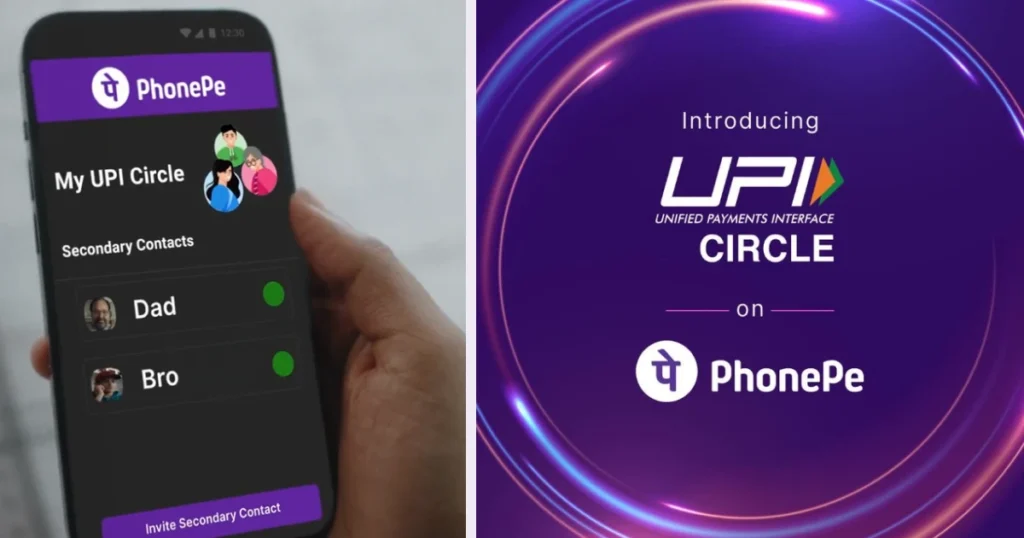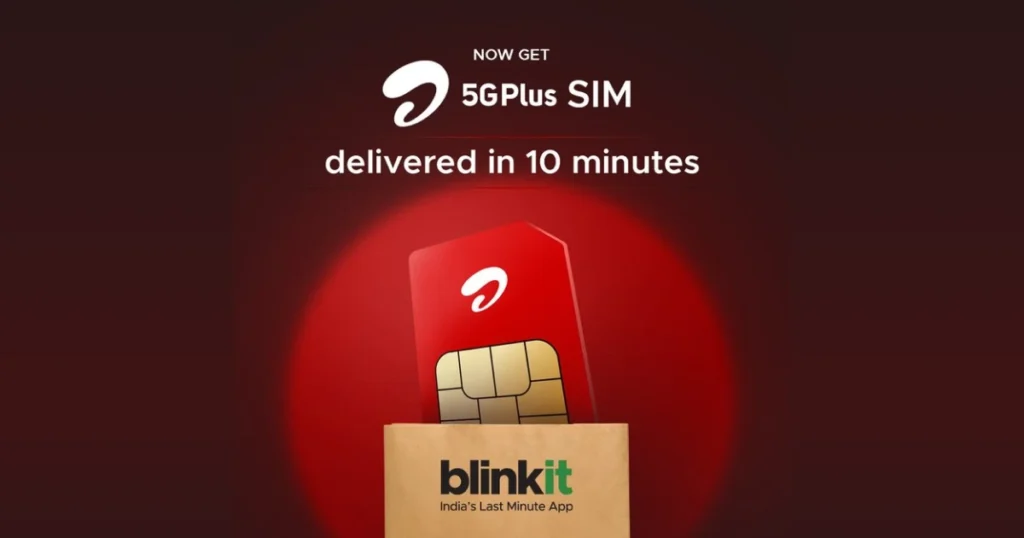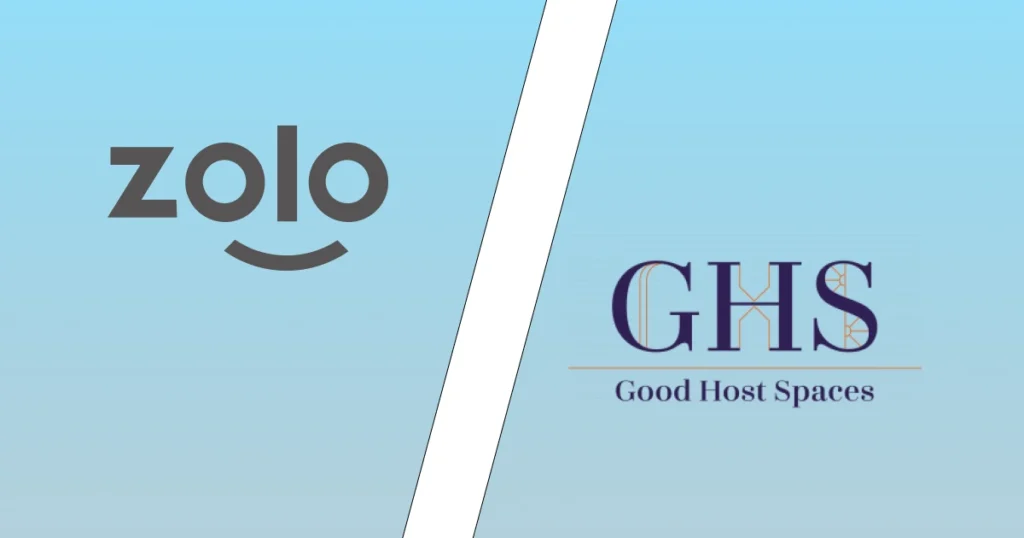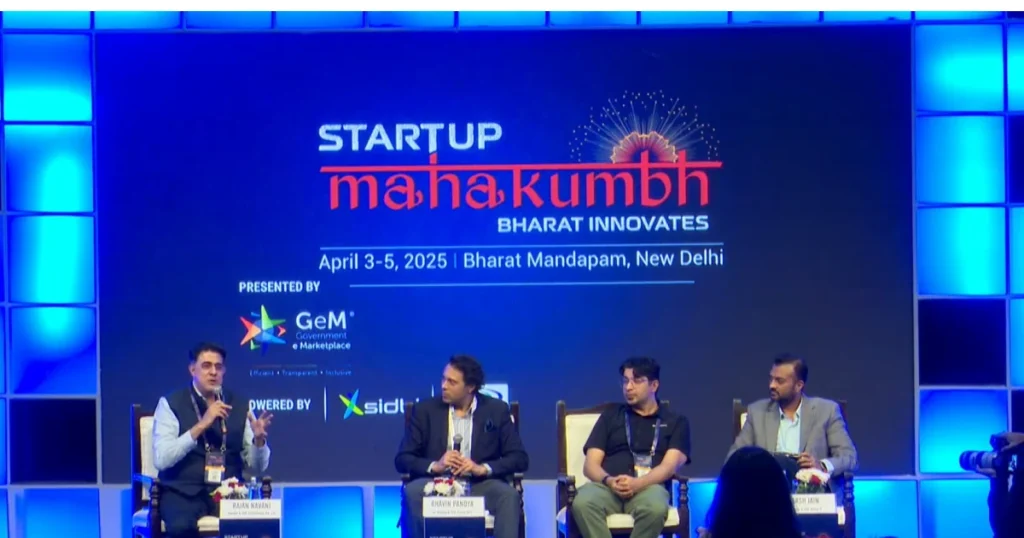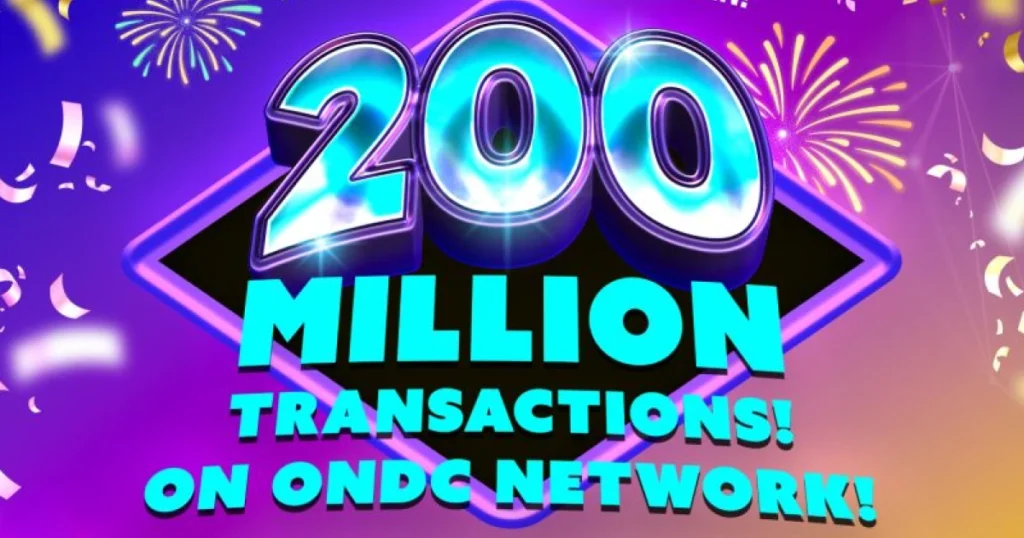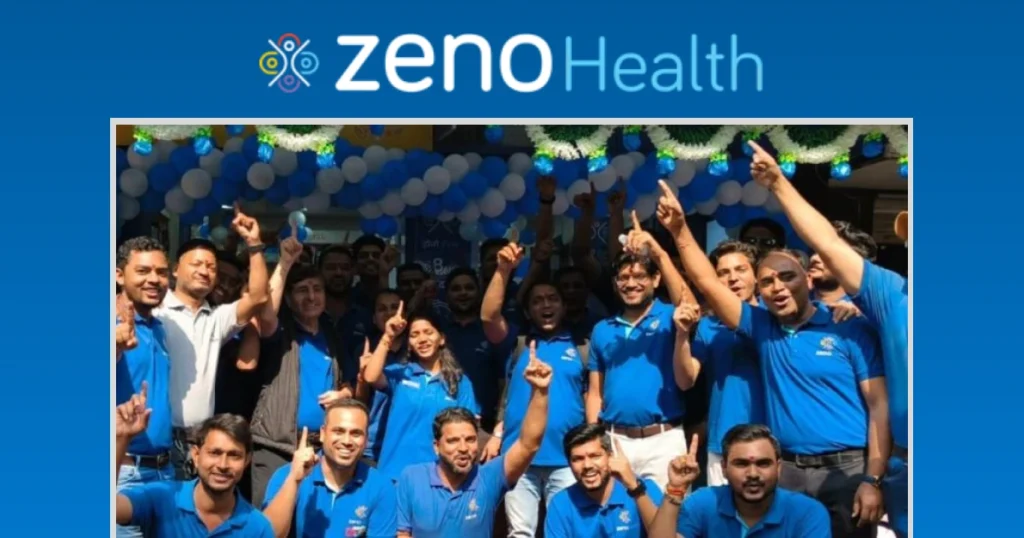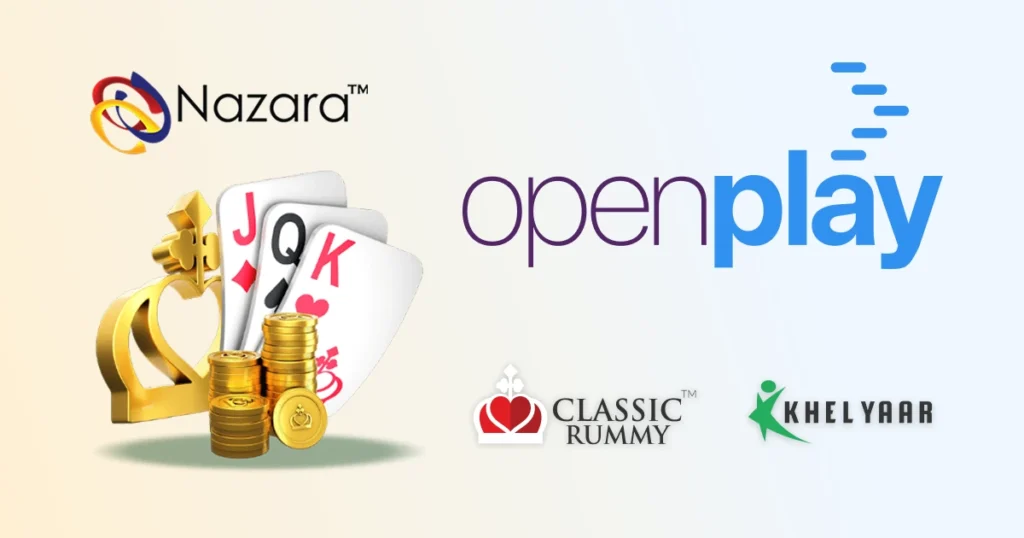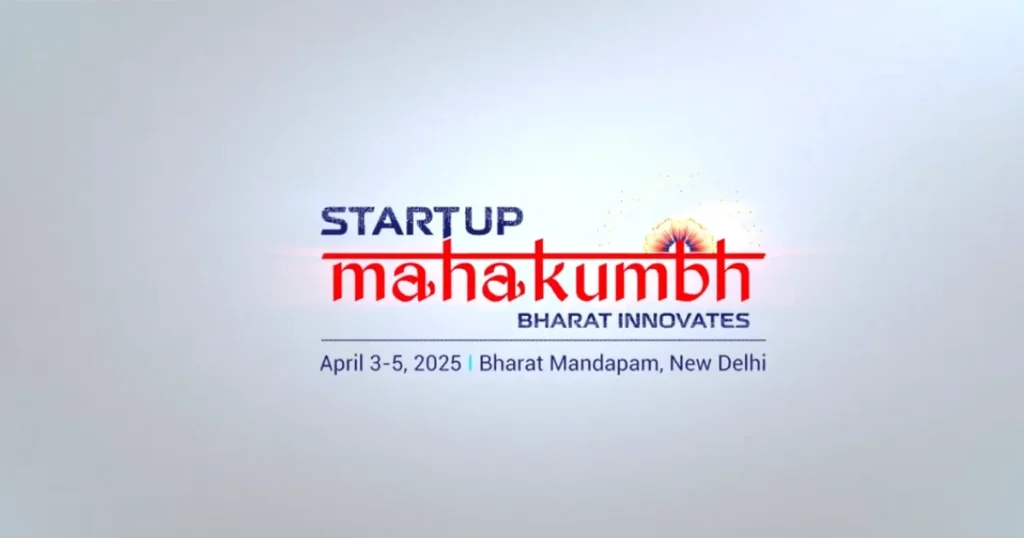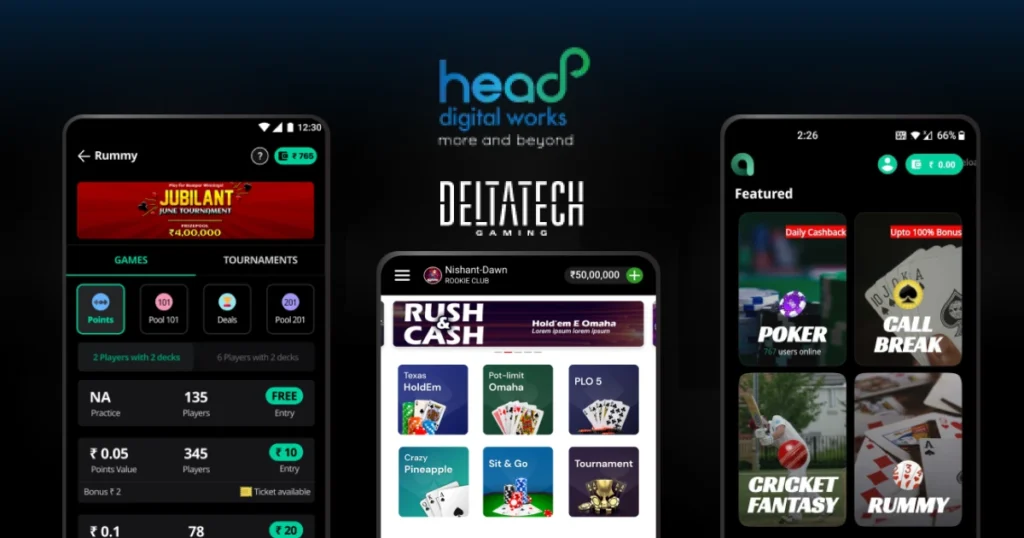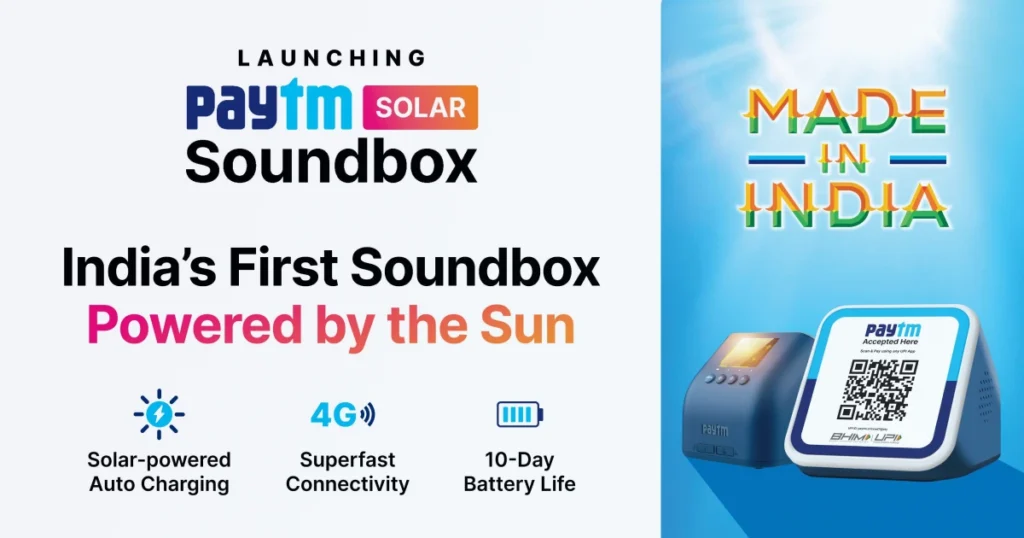Zomato has launched an order scheduling feature that allows users to schedule their food deliveries anywhere from two hours to two days in advance.
This feature is now accessible at over 35,000 restaurants across 30 cities, including major metropolitan areas like Delhi, Bengaluru, Mumbai, Pune, Raipur, and Ahmedabad.
The announcement comes just days after Zomato implemented its fourth fee hike of the year, raising delivery charges to INR 10 in anticipation of the festive season.
The timing suggests a strategic move to enhance user experience while capitalizing on increased demand during this period.
While Zomato’s initiative is a welcome addition, it mirrors a service offered by its main competitor, Swiggy, which introduced its Swiggy Scheduled feature back in 2018.
As both companies strive to capture a larger share of the market, features like these are critical in differentiating their services.
In addition to its new feature, Zomato has received board approval to raise INR 8,500 Crore (approximately $1 billion) through a Qualified Institutional Placement (QIP), signaling confidence in future growth despite recent financial fluctuations.
The company reported a 30% drop in consolidated net profit, falling to INR 176 Crore in the latest quarter from INR 253 Crore in the previous June quarter.
This quarter-on-quarter decline is attributed to rising operational expenses.
However, when viewed on a year-on-year basis, profits saw a remarkable surge of 389% from INR 36 Crore in Q2 FY24.
Despite these financial challenges, Zomato’s offline business has experienced rapid growth, buoyed in part by its recent acquisition of Paytm Insider, which is expected to bolster its position in the entertainment and event space.
In the fast-paced quick commerce sector, Zomato faces stiff competition from various players, including Swiggy Instamart, Zepto, and Tata-owned BigBasket, as well as newcomers like Reliance’s JioMart and Flipkart’s Minutes.
Notably, Zomato’s quick commerce platform, Blinkit, recently saw its market share in the Delhi NCR region decline from 47% to 42%, indicating the fierce competition for dominance in this sector.
As Zomato adapts to market demands and customer preferences, the introduction of the order scheduling feature could be a pivotal step in enhancing user engagement and maintaining a competitive edge in the evolving foodtech landscape.


